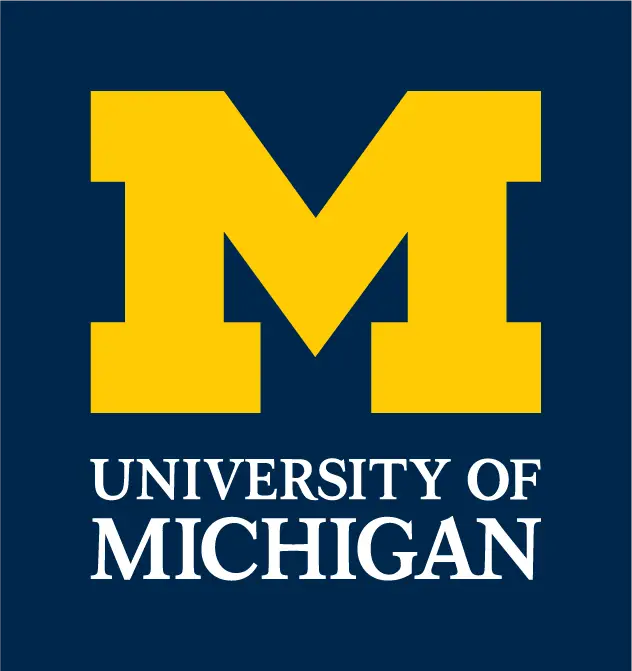Eight former workers allege wrongful termination and blacklisting in a high-profile federal lawsuit that tests free speech protections on campus.
University of Michigan Named in Wrongful Termination and Blacklisting Lawsuit
A federal lawsuit filed on May 1, 2025—International Workers’ Day—has placed the University of Michigan at the center of a growing controversy over alleged retaliation against employees for engaging in pro-Palestine activism. The case, filed by the Sugar Law Center for Economic and Social Justice alongside the American-Arab Anti-Discrimination Committee (ADC), accuses the university of violating constitutional protections by firing one full-time worker and seven student employees and permanently blacklisting them from future employment opportunities within the university system.
The plaintiffs claim their employment was terminated solely because they participated in peaceful protests advocating for Palestinian human rights and calling on the university to divest from Israeli-linked investments. According to the complaint, these protests occurred during non-work hours and included sit-ins on campus and demonstrations on public sidewalks.
Free Speech and Due Process Claims Central to the Case
The lawsuit hinges on two critical constitutional issues: First Amendment free speech rights and Fourteenth Amendment due process protections. The plaintiffs argue that the University of Michigan unlawfully retaliated against them as a public institution for engaging in constitutionally protected political expression.
“This case challenges the University’s decision to penalize employees for speech it disfavors—a classic First Amendment violation,” said John Philo, Executive and Legal Director of the Sugar Law Center, in a statement included in the press release. The lawsuit also asserts that the university’s actions violated the due process rights of the student employees, given their abrupt dismissal and indefinite ban from future employment without a formal hearing.
Testimony of Impacted Workers Highlights Chilling Effect
Eaman Ali, one of the plaintiffs and an undergraduate student, described the experience of being fired and blacklisted nearly a year after participating in protests. “We were punished not for our work performance but for exercising our right to free speech,” Ali said. She recounted how university police used force to disperse demonstrators, and later, how the university took employment action against participants.
Union representatives also weighed in. Terrence Martin, President of the American Federation of Teachers-Michigan, condemned the university’s handling of the matter, framing it as part of a broader assault on labor and free speech rights. He emphasized that the university’s refusal to bargain over the termination of a union member appeared to contravene state labor law.
Broader Implications for Academic Freedom and Labor Rights
Legal experts note that this lawsuit raises larger questions about the limits of free expression in academic settings. Chris Godshall-Bennett of the ADC warned that a national trend is emerging in which institutions suppress speech related to Palestinian advocacy. The outcome of this case could set a precedent for how public universities balance campus activism with institutional policies.
Ezra Ritchin, a cooperating attorney in the case, drew parallels between the university’s current policies and past governmental efforts to suppress dissent, underscoring what he described as the university’s double standard when it comes to political engagement.
University of Michigan Yet to Respond Publicly
As of this writing, the University of Michigan has not issued a formal response to the lawsuit, and no filings from the university’s legal counsel have appeared in court records. The absence of a response leaves unanswered questions about the university’s internal justifications and defense strategies.
Related Legal Context and Recent Developments
The lawsuit is part of a broader surge in legal challenges nationwide aimed at protecting the rights of pro-Palestine activists in workplaces and on campuses. Earlier this year, similar legal actions were initiated at other universities, reflecting growing tension between institutional governance and activist movements .
Find More Interesting Feature Stories From ThumbWind
- Michigan Feature Stories – Unveiling the diverse and vibrant people, captivating places, and remarkable events that come together to make the Great Lake State unique and cherished by both residents and visitors alike.
- Weird Political News – A sarcastic take on official news from around the U.S., exploring the absurdities that often arise in the political landscape while providing a humorous perspective on current events and highlighting the quirks of politicians and policies.
- Michigan News – News and events from Michigan’s Upper Thumb region worth knowing, including local stories, impactful interviews, and updates on community happenings that shape the culture and lifestyle of the area.
Your Turn – Like This, or Loath it – We Want To Hear From You
Please offer an insightful and thoughtful comment. We review each response. Follow us to have other feature stories fill up your email box, or check us out on Newsbreak at ThumbWind Publications.
Discover more from Thumbwind
Subscribe to get the latest posts sent to your email.




